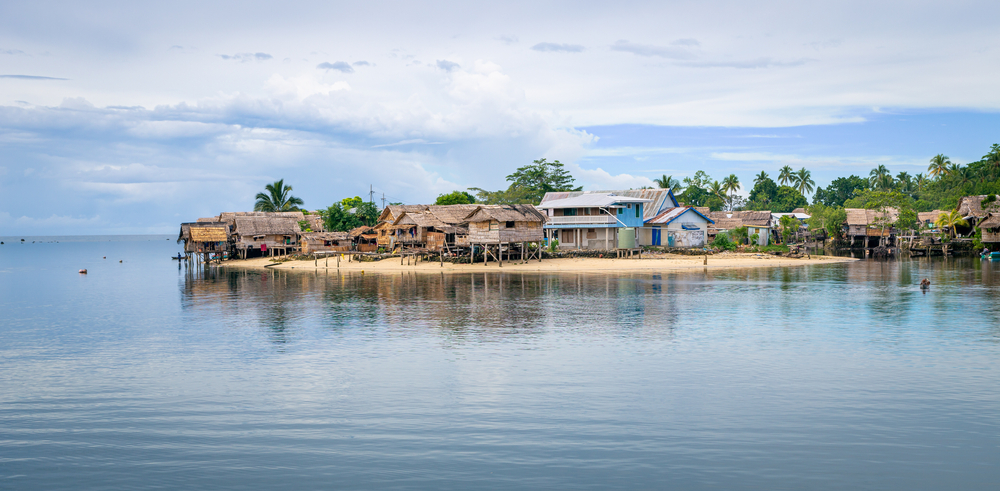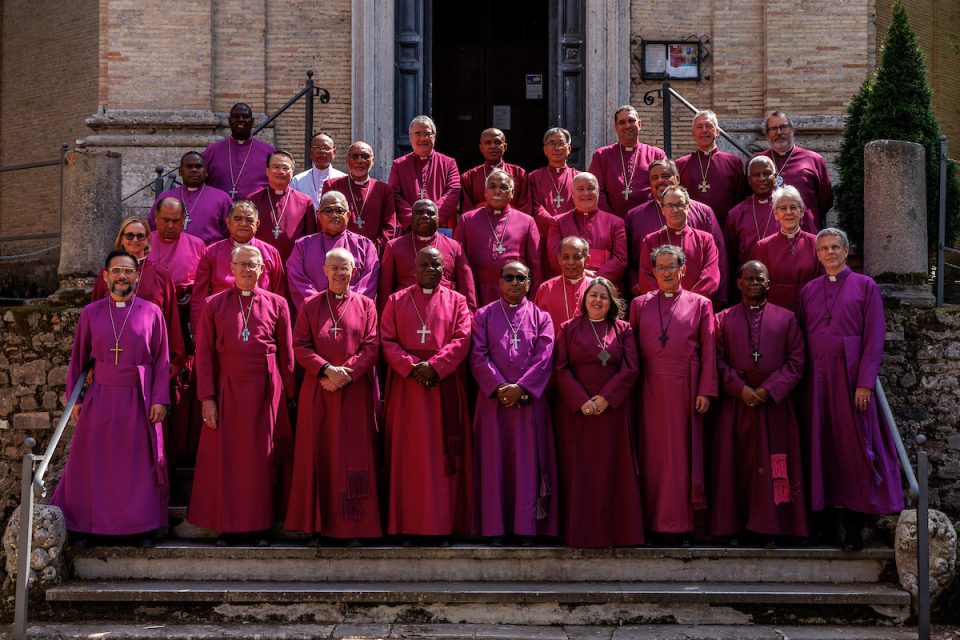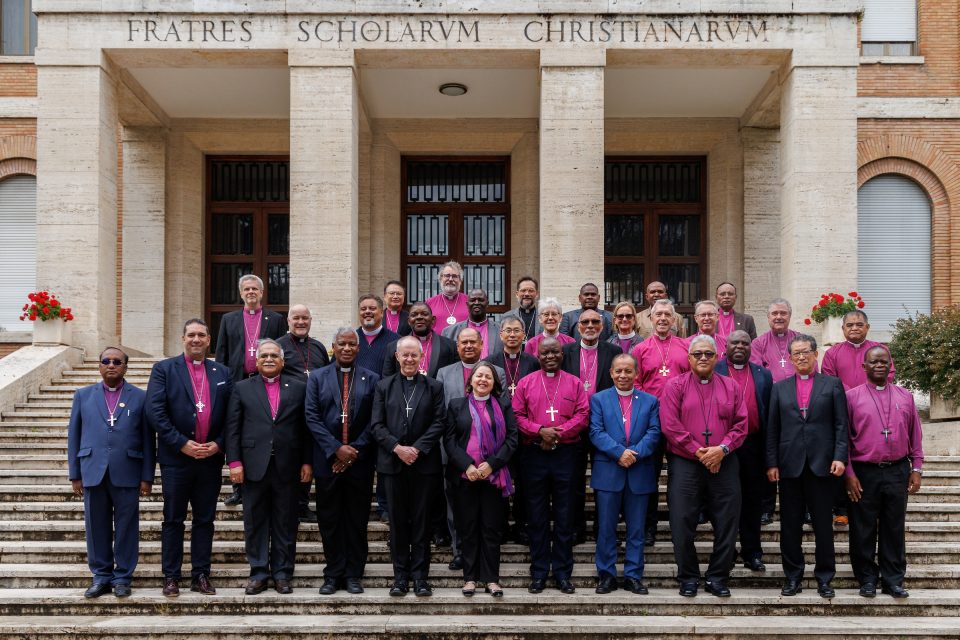By The Rev’d Paul Devenport
The Anglican Church’s national mission agency, the Anglican Board of Mission (ABM) is this year encouraging everyone to assist in supporting communities suffering through the impacts of climate change in the Pacific and in Africa.
The ABM through its subsidiary, Anglicans in Development has three programs on offer, specifically to help mitigate natural disasters, drought and provide food security. Anglicans in Development enables the ABM to provide tax-deductibility.
One of the ABM programs is for the “Climate Change and Disaster Management Fund. This fund enables Anglicans in Development (AID) in association with the worldwide Anglican Alliance to work primarily in the Pacific region.
The Anglican Alliance is a network of Anglican churches and agencies who work together on emergency responses, disaster preparedness, advocacy and building local resilience.
The Pacific Island nations are within one of the most vulnerable regions in the world suffering the impacts of climate change due to rising sea levels and increased intensity of storms and cyclones.
The target for this project is 142-thousand dollars. It will help support a regional facilitator based in Polynesia and support a disaster resilience course, to be run online in 2024 for churches in Papua New Guinea and other parts of the Pacific.
The fund will also enable AID to enable greater cooperation and coordination between all Pacific Islander Anglican Churches, including Melanesia through a committee which meets to share information, plan and working together.
A second project aims to help specifically people in the Solomon Islands prepare for disasters, increase their food security, and address the adverse impacts of climate change. This project aims to raise 40-thousand dollars. It will assist the Anglican Church of Melanesia in supporting the Solomon Islands to strengthen communities in preparation for natural disasters and climate change, while working to improve their food security.
This is due to less predictable weather patterns in the Solomon Islands. As a result, the Anglican Church is bringing communities and schools together, and providing training with planting and harvesting seasons. They are working in association with the Solomon Islands Natural Disaster Management Office and the Solomon Islands Climate Action Network.
Already this management project has helped reduce coastal erosion due to sea-level rises and high swells, supplied water tanks to an Anglican College and staged food security demonstrations and disaster awareness training sessions.
The third project is supporting women in drought-stricken Kenya, to establish an income, support their families and improve their livelihoods. Called the “Sustainable Livelihoods Project, it has helped so far to have a sump constructed, reducing a 10 kilometre walk to one kilometre, to collect water.
The project has assisted in providing income generating activities like soap-making, poultry keeping and basket-making. Also, there have been training sessions in agricultural practices, establishing gardens, climate smart agriculture technologies and how to conserve soil and water. This project requires 29-thousand dollars this year.
All projects including others are tax deductible. They can be found in the 2024 ABM Project Book or by visiting www.abmission.org You can go to the program category at the top of the home page and there you will find sustainable communities. Otherwise, go to resources and scroll down to ABM Project Books.
The Rev’d Paul Devenport is Chair of the ABM Provincial Committee and Representative of the Diocesan Climate Change Committee and member of the Anglican Creation Care Network.






